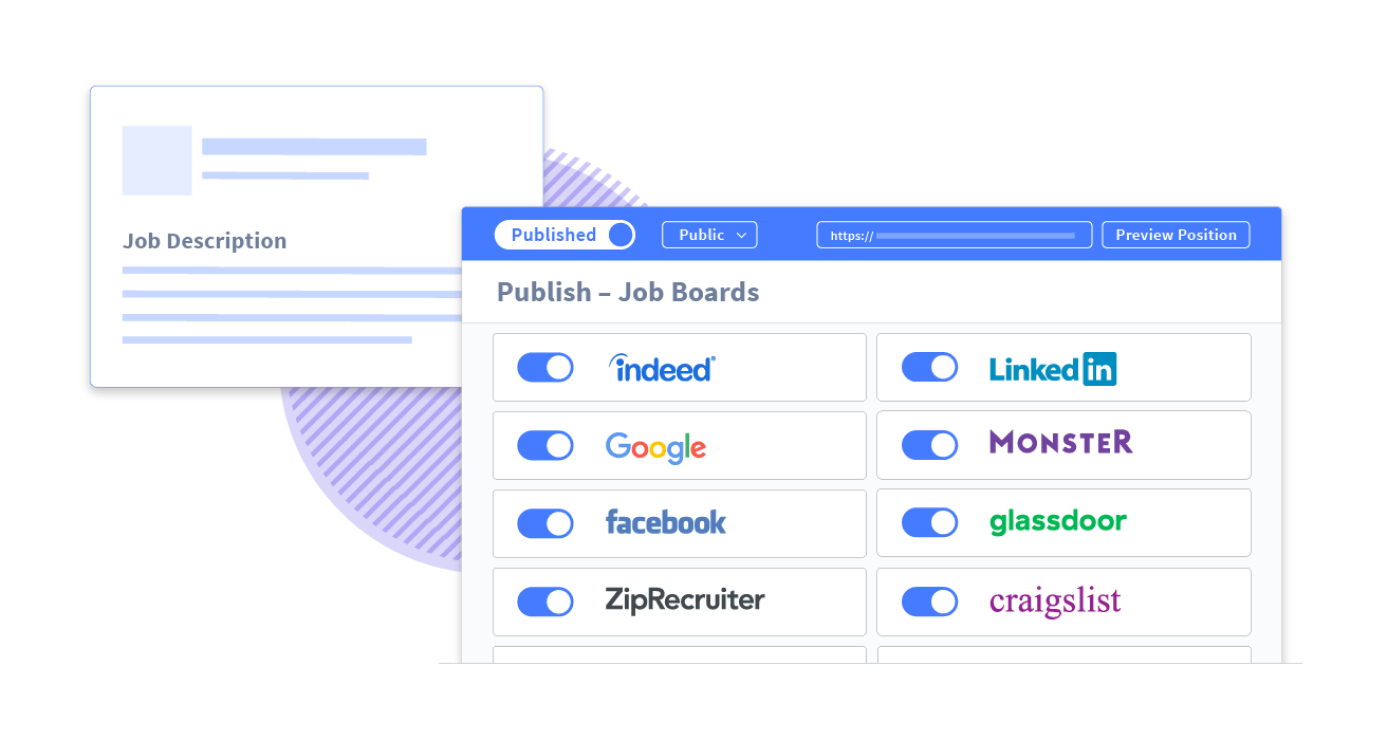Hire a Transcriber
For information to be purposeful, it should, first and foremost, be accurate. For instance, listening to a lecture online is futile if listeners are unable to understand the speaker’s words. This is where transcribers come in. They painstakingly note every word, phrase, and sentence to write a long-form text that is readable, understandable, and, most of all, accurate.
Depending on the industry, they may transcribe recordings of conversations, meetings, videos, or any audio clip. Transcribers create an accurate and coherent written document. Transcribers may work in an office-based environment or work remotely as a freelancer or independent contractor. The work schedule is typically in daytime business hours, although freelancers may have a more flexible work schedule for as long as deadlines are followed.
Hiring a transcriber begins with hiring managers creating an inviting, simple, and straightforward job description. It should contain relevant information about the position’s responsibilities, requirements, and qualifications. What is the nature of the transcription work needed? Is medical or legal transcription experience required? Is there a minimum typing speed parameter for candidates?
Responsibilities of a Transcriber
Before accepting a transcription job, transcribers consult with clients to learn about their needs, timeline, and formatting or notation requirements. With the use of different audio and computer software, transcribers listen to live audio or recordings and transcribe them in long-form text. They translate all medical, legal, business, or industry-specific terminology as needed.
Transcribers are responsible for reviewing drafts and texts. They may do so manually or use different speech recognition software that is available. Transcribers ensure that the text is accurate, complete, and aligned with the client’s notation style requests. An efficient transcriber notes any errors and inconsistencies in the text. They keep the client updated by submitting a draft and asking for feedback before submitting a final transcription for approval.
Additionally, transcribers are in charge of keeping up to date with the latest transcription software trends and updates. They regularly perform typing drills to practice their skills. Lastly, transcribers uphold clients and confidentiality and data privacy at all times.
Skills and Qualifications of a Transcriber
Becoming a transcriber requires a minimum educational qualification of a high school diploma or GED. However, an associate’s or bachelor’s degree in business or a similar field is an advantage. Transcribers who specialize in legal or medical transcription may be required to have additional certification or experience in the field. Candidates must be proficient in computer and word processing programs like MS Office, Google, and similar software.
To be successful as a transcriber, candidates need to have exceptional listening and reading skills. Likewise, writing skills must be strong with an excellent understanding of the English language and grammar. Additionally, good typing skills with attention to detail are a hallmark of an efficient transcriber. Transcribers work quickly but accurately, manage their time well, and meet work deadlines.











